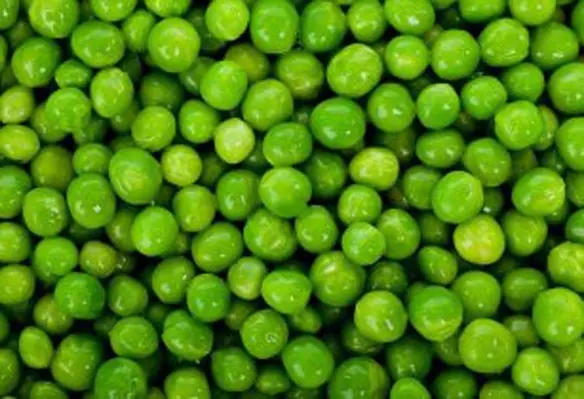As more consumers aspire to incorporate plant-based foods into their diets, Cargill is responding by adding pea protein to its portfolio of ingredients available in Europe
The move will help European food and beverage manufacturers meet increasing demand for nutritious, plant-based products. Moreover, Cargill pea proteins are designed to meet the functional and sensory challenges in alternative emerging applications.
Cargill, which already offers an array of pea protein products in North America, Asia and South America, is leveraging that expertise as it expands its European line-up of plant-based proteins like Gluvital vital wheat gluten and Prowliz hydrolysed wheat protein.
“Consumers are drawn to pea protein’s label-friendly attributes. Familiar and not requiring allergen-declaration in Europe, pea can serve as an alternative for those who have difficulties tolerating wheat, soy or dairy products. It can be used to formulate vegan, vegetarian and gluten-free offerings, and Cargill’s portfolio will include non-GMO, certified organic options, adding to its label appeal,” said Alain Dufait, managing director of Cargill Starches, Sweeteners & Texturizers Europe. “In this way, Cargill also contributes to Europe’s Farm to Fork strategy, encouraging plant-based diets.”
Cargill offers one of the most soluble plant proteins available, a major consideration for dairy alternative and beverage applications, where less soluble options may leave behind a gritty mouthfeel and texture. Additionally, it offers great emulsification and foaming capacity, along with good water-binding, cohesion and adhesion properties.
In meat alternatives, formulators will find it can improve texture, emulsification and juiciness. In dairy and dairy alternatives, it can contribute to a creamy mouthfeel and build texture. In bakery, it contributes to reduce staling during shelf life, and gives structure in gluten free formulations and emulsification properties for partial egg replacement. Finally, in flavour-forward applications, the Cargill pea protein range includes prime ingredients with exceptionally clean, neutral taste profiles.
Nutritionally, pea protein has a lot to offer, too. It is highly regarded for its superior amino acid profile and high digestibility, and Cargill’s offerings will provide a minimum of 80% protein. It can be combined with other plant-based proteins like wheat or rice (potentially allowing for an allergen-free labelling), to deliver a complete protein profile. Growing peas requires less water and fertiliser than some other plant-based proteins. Given their capacity to fix nitrogen, pea crops can sustainably improve soil health.
“We are continually assessing our solutions, looking for new avenues to co-create with our customers and to support brands as they strive to address consumers’ evolving needs,” said Belgin Köse, segment director proteins, Cargill Starches, Sweeteners & Texturizers Europe “By offering pea protein to our European customers, we’re providing them with a strong innovation platform of one of the most versatile plant proteins currently available, helping them meet consumers’ growing appetites for protein-rich, plant-based foods and beverages.”
Cargill’s pea protein offerings, which include PURIS and RadiPure, complement the company’s existing line-up of plant-based proteins. These ingredients, combined with the company’s extensive portfolio of plant-based texturisers, fats and oils, and sweeteners, offer brands the tools and technical expertise to create a new generation of trendy, tasty and nutritious plant-based foods.




